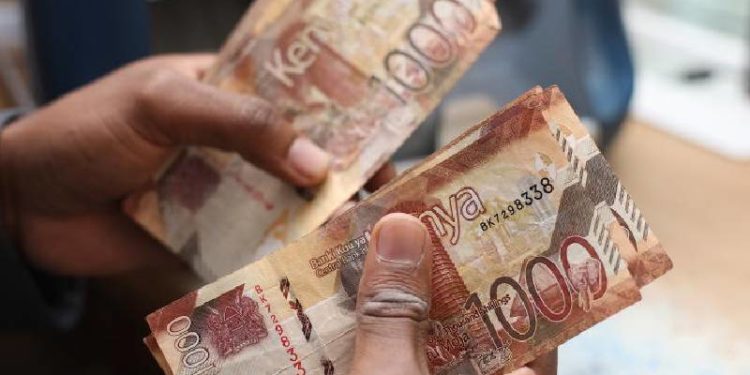Consumers should brace for harder times ahead as the Kenyan shilling hit an all-time low of kes 129 against the dollar signalling higher costs of imports coupled with a shortage of foreign reserves
Data from the Central Bank of Kenya (CBK) data shows the shilling exchanged at a mean of 129.60 on Wednesday against the greenback compared to KES 128 on Tuesday although traders say buyers are paid up to KES 140 per dollar, in what is a KES 10 spread.
While the weakening shilling means better pay for horticulture, coffee and tea farmers, it, however, increases the cost of various commodities including fuel, and electricity and also hurts debt servicing.
CBK however, still maintains that there are adequate foreign reserves to meet the minimum statutory requirements which should cover at least four months of import cover.
“The usable foreign exchange reserves remained adequate at $6.566 billion (3.67 months of import cover) as at March 9. This meets the CBK’s statutory requirement to endeavour to maintain at least 4 months of import cover,” said CBK in its latest weekly bulletin.
Read also; Tea Earnings Hit KES 138 Billion in 2022 on Weakening Shilling.



